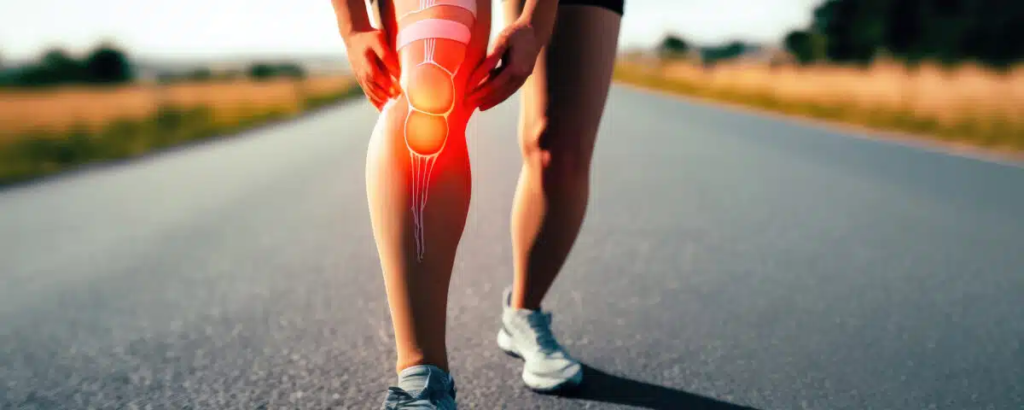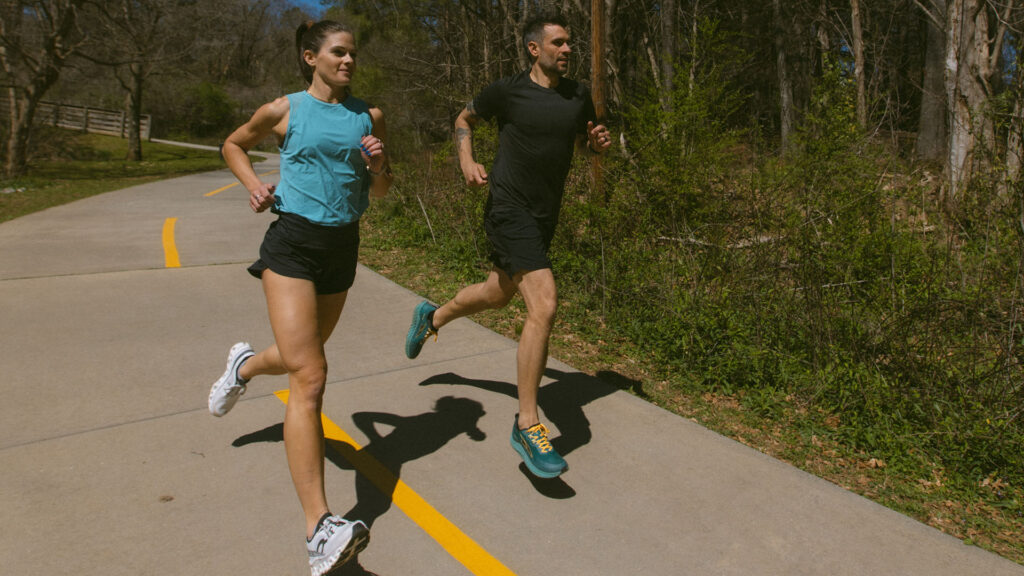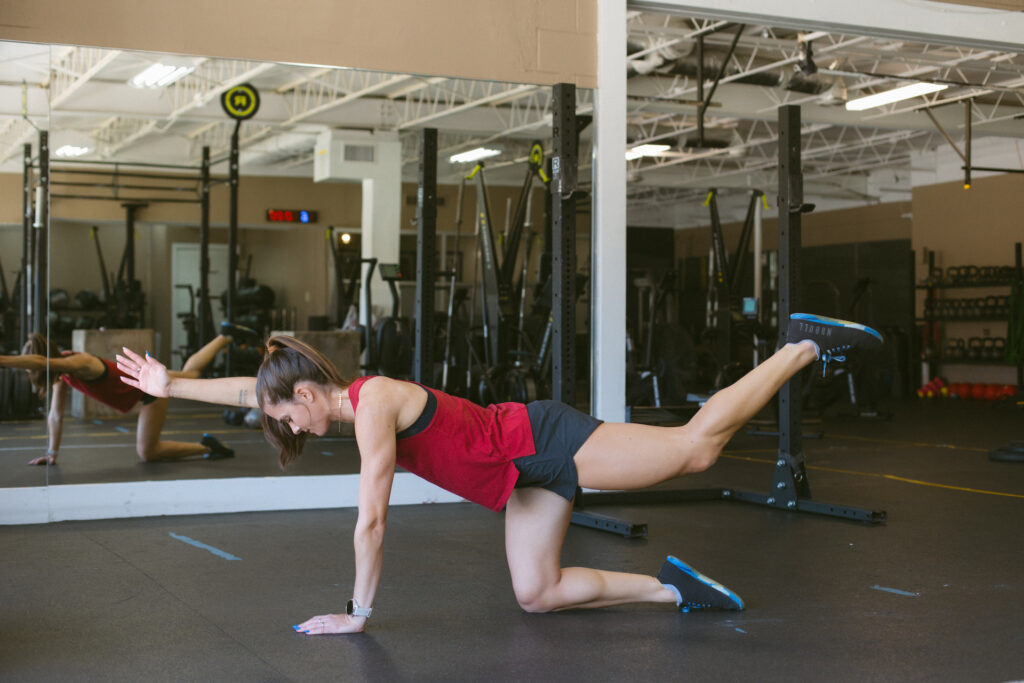This means that every single day, I want to punch myself in the face because the truth is that running is NOT bad for your knees, and running does NOT cause arthritis or damage to the cartilage in the knee joint.
The science is conclusive on this. A 2020 meta-analysis in the Physical Therapy Journal of Sport looked at the effects of running on knee cartilage and showed that “(running) did not affect cartilage volume or thickness.”
Another systematic review from the Orthopedic Journal of Sports Medicine concluded: “Running is not associated with worsening PROs or radiological signs of knee OA and may be protective against generalized knee pain.”
Now these are extensive reviews, looking at thousands of articles and doing data analysis to find these conclusions. So what gives? Why are so many people (and doctors) walking around falsely reporting the facts?
I as i previously stated in my article on which sports are the most dangerous, runners get hurt, and knee pain is the #1 reported complaint in recreational runners.
WTAF?
Yep, more conclusive studies show runners have a lot of pain, and the most common place that runners get pain is the knee. So what gives? We just said it doesn’t cause arthritis or cartilage issues, so why do so many runners get knee pain? Running must be bad for our knees if so many people are getting knee injuries from doing it.
Based on the piles of evidence, the reality is that runners hurt their knees because of the following reasons:
- Poor general physical fitness (aka, the fat guy running marathons) – While running may help us get in shape, we must be in shape before doing too much of it. The evidence is apparent: Poor fitness is a vast reason recreational runners get injured.
- Overtraining —bad training plans that require you to do more distance than you are trained for or ask you to do insane junk miles are the culprit here. We always see this on high school track and cross-country teams. Kids run 60 miles per week when their race is 3.1 or 400m. Coaches want their athletes to be hardcore (which they should be), but they haven’t figured out you can do this without more running volume. The answer: burpees.
- Bad biomechanics – Stride length and cadence are strongly linked to knee loading during running. Most runners have no clue what an actual stride should look like (if you tell yourself to take longer strides, then you’re mistaken) or how fast their cadence should be.
- Lack of varied, intermittent, high-intensity loading (you don’t lift or do plyos) – The Army does better research than anyone. They have thousands of test subjects that have to comply, and they are highly incentivized to find reasons to reduce injury in their soldiers. A massive 2016 study published in the Military Journal of Medicine concluded prior or concurrent participation in activities requiring varied, intermittent high-intensity loading appears to decrease running-related musculoskeletal injuries (including stress fractures).
So, to reiterate the point, running is not inherently bad for knees, and it does not cause arthritis or cartilage damage the way people report it to. That is an old wives tale that needs to die. Like all other physical activity, running may cause knee pain; however, that is most likely coming from factors you can control with proper fitness, planning, mechanics, and cross-training.
As always if you or someone you know is suffering from chronic knee pain while running and have tried everything to fix it send me or Elizabeth and email. We are here to put and end to the attrition of runners due to pain.
Fact Check Me Bro!
https://bjsm.bmj.com/content/41/8/469
https://pubmed.ncbi.nlm.nih.gov/33279802/ (Cartillage)
https://pubmed.ncbi.nlm.nih.gov/36875337/ (OA)
https://academic.oup.com/milmed/article/181/6/512/4158276?login=false
https://www.jospt.org/doi/full/10.2519/jospt.2015.5750
https://pubmed.ncbi.nlm.nih.gov/22389869/
https://pubmed.ncbi.nlm.nih.gov/25808527/
https://pubmed.ncbi.nlm.nih.gov/24809248/
https://pubmed.ncbi.nlm.nih.gov/1553455/
https://pubmed.ncbi.nlm.nih.gov/18266787/
https://pubmed.ncbi.nlm.nih.gov/25155475/
https://pubmed.ncbi.nlm.nih.gov/20463502/
https://pubmed.ncbi.nlm.nih.gov/23593555/
https://pubmed.ncbi.nlm.nih.gov/21333951/
https://pubmed.ncbi.nlm.nih.gov/10870903/
https://pubmed.ncbi.nlm.nih.gov/22146230/
https://pubmed.ncbi.nlm.nih.gov/19915501/
https://pubmed.ncbi.nlm.nih.gov/12562170/
https://pubmed.ncbi.nlm.nih.gov/16532873/



